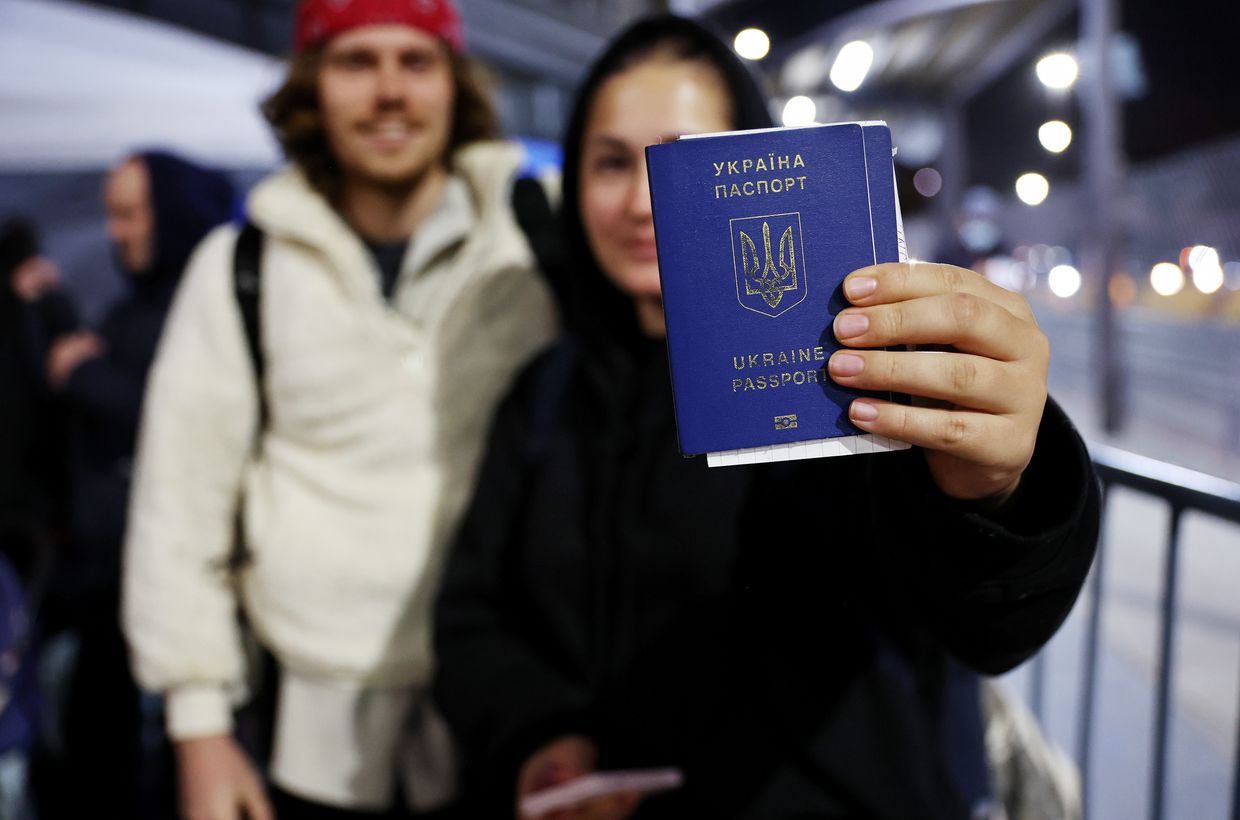Lithuania urges EU to bypass Hungary in Ukraine membership talks

Lithuania is urging the European Union to find a way to bypass Hungary’s veto in Ukraine’s EU accession talks, calling for "decisive steps," the Lithuanian public broadcaster LRT reported on Aug. 27, citing a letter it had reviewed.
Hungarian Prime Minister Viktor Orban, whose government is widely seen as the most Kremlin-friendly in the European bloc, has repeatedly obstructed Ukraine’s EU path.
In a letter sent to EU capitals last week ahead of an informal meeting of foreign ministers in Copenhagen on Sept. 1 and 2, Lithuania urges the bloc to take concrete steps to make Ukraine’s accession bid "tangible and irreversible."
Vilnius reportedly proposes launching technical-level accession talks with Ukraine and Moldova without Hungary, provided the other 26 member states agree.
Formal approval could follow later, should Budapest change its stance or leadership, the outlet wrote.
According to the letter, inaction could weaken public support in Ukraine and erode the country’s institutional will to pursue reforms. By contrast, starting talks would boost Ukraine's morale and reinforce reform momentum, it read.
Earlier in August, President Volodymyr Zelensky said that during his recent visit to Washington, he had asked his U.S. counterpart Donald Trump to help prevent Budapest from obstructing Ukraine’s EU membership bid. He added that Trump promised his team would look into the matter.
Politico reported on Aug. 27, citing an undisclosed diplomat, that Trump has appealed to Orban to lift the veto and that this has changed the dynamic.
Ukraine applied for EU membership shortly after Russia launched its war in 2022 and was granted candidate status within months.
Budapest has repeatedly blocked sanctions against Russia and delayed military aid to Ukraine. In June, the European Council failed to unanimously adopt a statement of support for Ukraine after Hungary once again refused to back it.
Nearly all EU member states agreed in June that Ukraine is ready to open the Fundamentals cluster, but formal negotiations can only begin with the unanimous consent of all 27 member states.











